At Ron Harmeyer Law Office, we focus our practice on one thing: helping insurance companies maximize their subrogation recoveries. Everything about our firm — from internal training, to our proprietary software, to the processes we have developed — helps us meet our clients’ goals. Because our practice is dedicated to insurance subrogation, we have the knowledge and experience to evaluate, pursue and litigate claims with recovery potential. Click on the links below to find out more about a few of the types of claims our office handles.
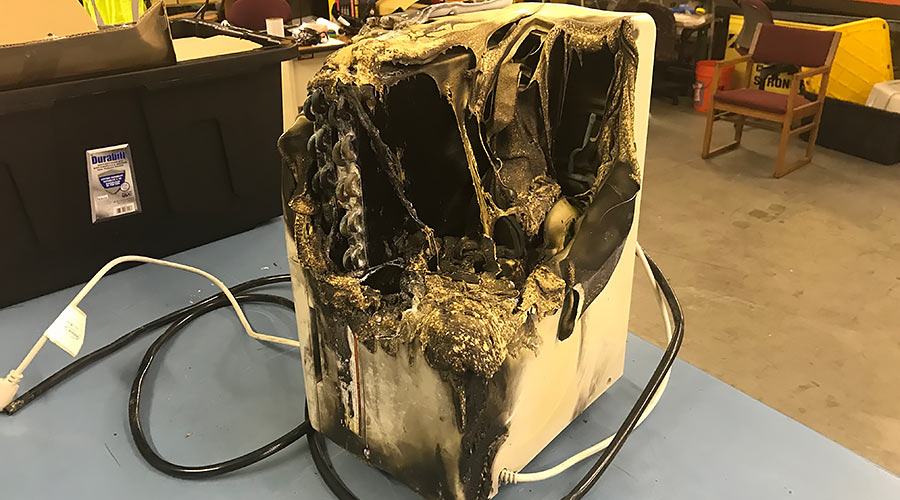
Defective products cause catastrophic losses every day. Our attorneys have decades of collective experience pursuing subrogation claims arising from a wide range of defective products. Examples include:
- Household appliances, such as dehumidifiers, dishwashers and clothes dryers.
- Vehicles, including cars, motorcycles and specialty vehicles.
- Consumer electronics, such as laptop computers and flat screen televisions.
Whether the root cause of the failure was a defective design, defective manufacture or inadequate warning, we have the technical expertise to hold the manufacturer accountable.
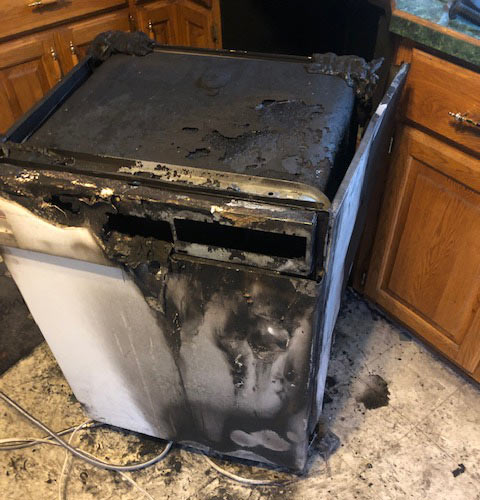
Often times losses occur, not because a product itself is defective, but because it was negligently installed. Examples include:
- Negligently installed refrigerator water lines, resulting in water loss.
- Negligently installed dishwasher lines, resulting in water loss.
- Negligently installed gas appliances, resulting in gas leaks and explosions.
We work with industry experts to understand how these products should be installed so we can develop the liability case against the negligent installer.

A building failure can cause a catastrophic loss. Our clients regularly retain us to pursue subrogation claims caused by negligently designed or negligently constructed buildings. Examples of these claims include:
- Building designs that fail to factor in snow drift load, resulting in roof collapse under normal and foreseeable conditions.
- Negligently constructed buildings, leading to all kinds of losses, including water infiltration, collapse and fires.
- Buildings whose improper design or construction results in widespread fire damage.
We work with the construction professionals to recognize, understand and pursue claims arising from building failures.
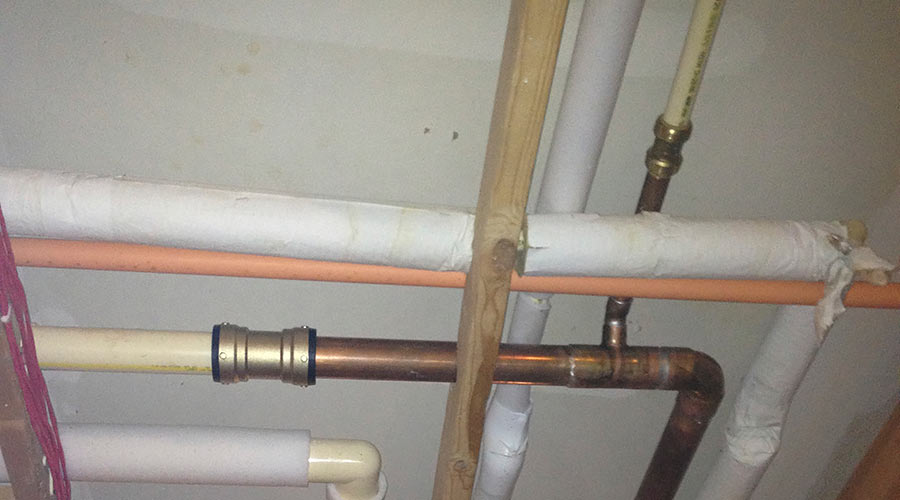
Buildings in general, and commercial buildings in particular, are complex structures comprised of numerous discrete systems. Often times it is the failure of a system that causes a loss. These systems include:
- Sprinkler systems that are negligently installed, resulting in water in the line freezing and fracturing the line.
- Fire suppression systems improperly installed, resulting in the system failing to activate and suppress a fire that should have been extinguished.
- LP gas systems improperly installed, resulting in gas leaks causing explosions.
Our experience allows us to understand these systems and the root causes of their failures.
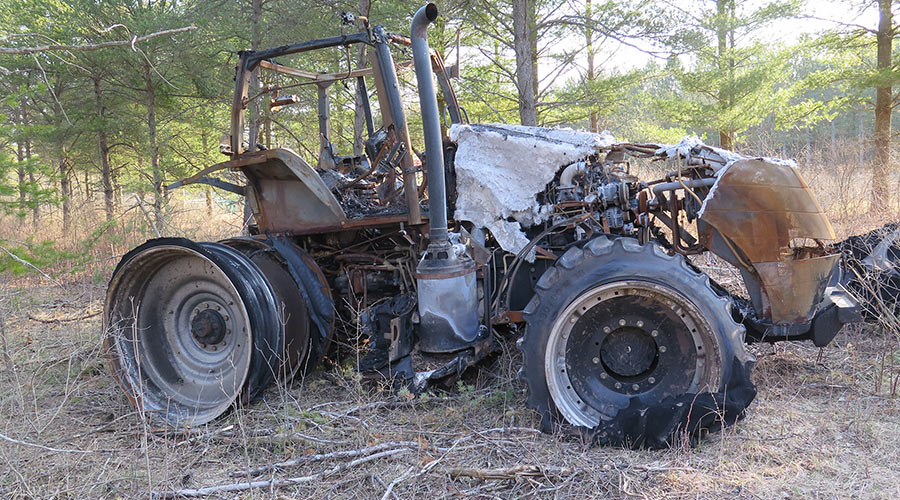
Modern agricultural machines are extremely complex and expensive machines designed to be used in harsh environments. A failure of one of these machines can cause hundreds of thousands of dollars in damage. Our experience has shown:
- Defective design leads to crop debris build-up and fires through no fault of the farmer.
- While the Economic Loss Doctrine may bar some claims, we regularly are able to pursue a breach of warranty claim against the manufacturer for full recovery.
Because of the volume of agricultural equipment cases we handle, we are aware of brands known to have design defects. This makes our firm uniquely qualified to handle these files.
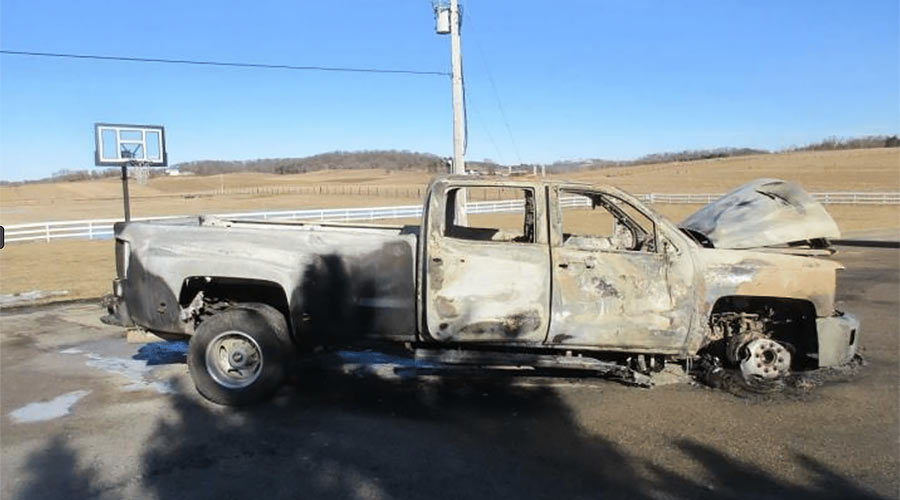
Vehicle fires can be particularly challenging. The key to vehicle fire investigations is to know which experts are uniquely qualified to examined burned vehicles and to gather the the history of the vehicle. Fires may be caused by:
- Defective design or manufacture of the vehicle.
- Negligent vehicle maintenance/repair, such as when an oil filter is cross-threaded, resulting in oil leaking onto hot engine surfaces and igniting.
Often times the vehicle appears to be completely destroyed to the point no evidence remains. But the subrogation potential of a vehicle fire claim should never be passed over due to the post-fire condition of the vehicle.
